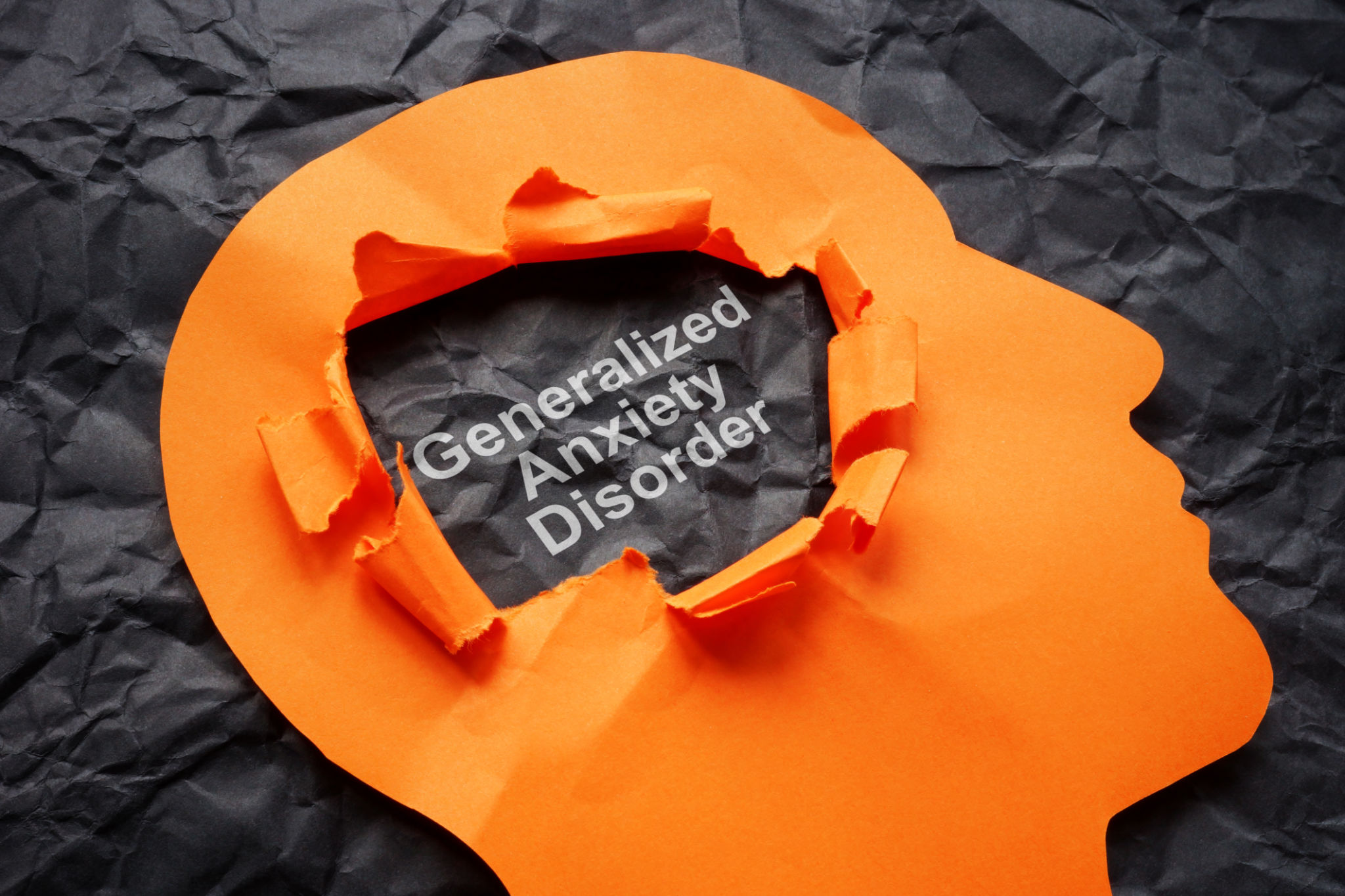The Latest Trends in Anxiety and OCD Treatment
Understanding Anxiety and OCD
Anxiety and Obsessive-Compulsive Disorder (OCD) are prevalent mental health conditions affecting millions worldwide. Understanding the nuances of these disorders is crucial for effective treatment. The good news is that recent advancements in psychology and neuroscience have led to new and improved treatment methodologies.

Emerging Therapies for Anxiety
One of the most promising trends in anxiety treatment is the use of **mindfulness-based therapies**. These therapies encourage patients to focus on the present moment, helping them manage intrusive thoughts and reduce stress. Techniques such as meditation and breathing exercises are central to this approach.
Another notable trend is the integration of **virtual reality (VR)** in therapy. VR exposure therapy is being used to simulate anxiety-triggering scenarios in a controlled environment, allowing patients to confront and manage their fears safely.
Innovations in OCD Treatment
For OCD, cognitive-behavioral therapy (CBT) remains a cornerstone treatment. However, **Acceptance and Commitment Therapy (ACT)** is gaining popularity. This approach encourages patients to accept their thoughts without judgment while committing to actions that align with their values.

Additionally, **neurofeedback** is emerging as a promising tool. By providing real-time feedback on brain activity, neurofeedback helps patients learn how to regulate their brain function, which can reduce OCD symptoms over time.
The Role of Pharmacotherapy
While psychotherapy is crucial, medication often plays an essential role in treating anxiety and OCD. **Selective Serotonin Reuptake Inhibitors (SSRIs)** remain widely prescribed due to their effectiveness in managing symptoms. Researchers are also exploring new medications that target different neurotransmitters to offer more personalized treatment options.
There is also growing interest in the use of **ketamine** for treatment-resistant anxiety and OCD. Ketamine infusions have shown rapid symptom reduction, providing hope for individuals who have not responded to traditional therapies.

The Impact of Digital Tools
Digital tools and mobile applications are transforming how patients access treatment. Apps that offer guided meditations, mood tracking, and progress monitoring provide support outside traditional therapy sessions. These tools empower patients to take an active role in managing their mental health.
Moreover, **teletherapy** has become increasingly popular, especially in the wake of global events that limit face-to-face interactions. This shift allows greater access to mental health services for people in remote areas.
The Importance of Personalized Care
Personalized care is becoming the norm, with treatments tailored to individual needs and preferences. This approach considers a person’s unique genetic makeup, lifestyle, and specific symptoms, leading to more effective outcomes.
Incorporating lifestyle modifications, such as diet changes and exercise, can also significantly impact treatment success. These holistic approaches address the mind-body connection, promoting overall well-being and resilience against anxiety and OCD.
Looking Forward
The landscape of anxiety and OCD treatment is rapidly evolving. With ongoing research and technological advancements, the future holds promise for even more effective therapies. The key lies in a comprehensive approach that combines traditional methods with innovative techniques.

Ultimately, staying informed about these trends allows individuals and healthcare providers to make better decisions for managing anxiety and OCD, fostering a healthier, more balanced life.
